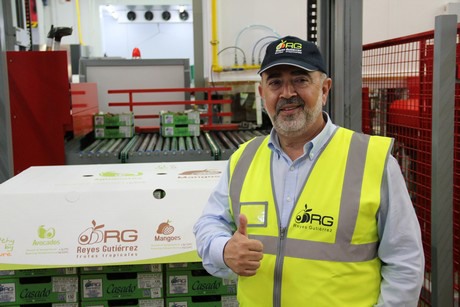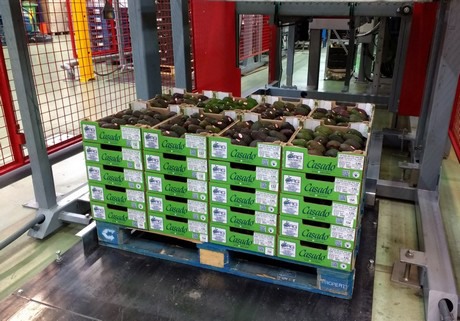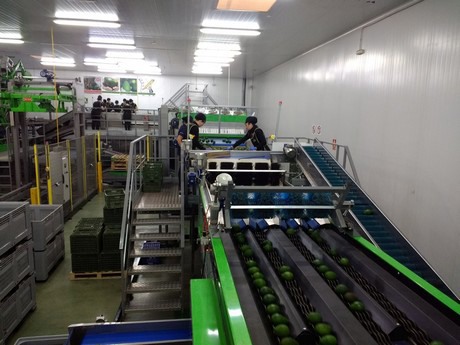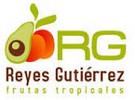Last week, the Hass avocado harvest started in Malaga's Axarquía, the main producing area of this subtropical fruit in Spain. Although the yields are similar to last year's and the acreage has remained stable in Malaga, the production will be more abundant this season due to the expansion of the acreage in the rest of Spain and the entry into production of these new plantations.
“There are already around 15,000 hectares planted in Spain, when there were about 10,000 hectares 5 years ago. The acreage has been growing in recent years in areas such as Cádiz, Huelva and Valencia. Also, many farms in Malaga have made the switch to more intensive crops. Therefore, this year there will be more volumes available,” says Juan Antonio Reyes Gutiérrez.

Spanish Hass avocados are arriving at a time of great abundance of other origins in the European markets. “At the moment, the productions from Chile, Colombia, Dominican Republic, Mexico, Israel and Morocco are competing in the markets, also with Spain. Morocco, for example, has recorded an incredible growth in its production volume, with a 150% increase compared to last year, and is increasingly finding opportunities in Europe with a quality similar to that of Spain. There are 7 different origins and this creates confusion in the market; as a result, prices will fall from the good levels recorded this summer. We are already noticing the pressure on sales.”
Prices at origin started at between 3 and 3.50 Euro per kilo and have already fallen this week. "I think they will stabilize at between € 2 and € 2.50 over the next few weeks, which is still a good price," says Juan Antonio Reyes. "This shows that consumption continues to increase. One of the Spanish supermarket chains we work with recently informed us that its avocado sales have multiplied by 10 in just 5 years."

This increase in consumption is vital to absorb the large volumes that are to come in the coming years. “There are large investment groups investing exponentially in Colombia, and their production will increase considerably in the coming years. Spanish production companies are also investing in Portugal, given the lack of room to grow in national territory. We already have 100 hectares planted in Portugal and we hope to reach 500 hectares.”
Regarding mangoes, in addition to those from other origins, Reyes Gutiérrez continues to supply Spanish mangoes of the Keitt variety, which can be marketed until mid-December thanks to the technical capacity of its producers.

“The abundance of Spanish Osteen and Brazilian Palmer mangoes in September and October caused the supply to be too great and prices to be very low. However, the situation has changed satisfactorily at the end of the season with the arrival of the Keitt variety, at a time when there is less production available and a better balance between supply and demand. This is why the new mango plantations in Spain have focused on the Keitt and other late varieties harvested between October and November,” says Juan Antonio Reyes.
The main markets for this company's mangoes are Spain, where they work with most supermarket chains, and France, where they supply chains such as Carrefour, Intermarché or Leclerc through Reyes Gutiérrez France.

